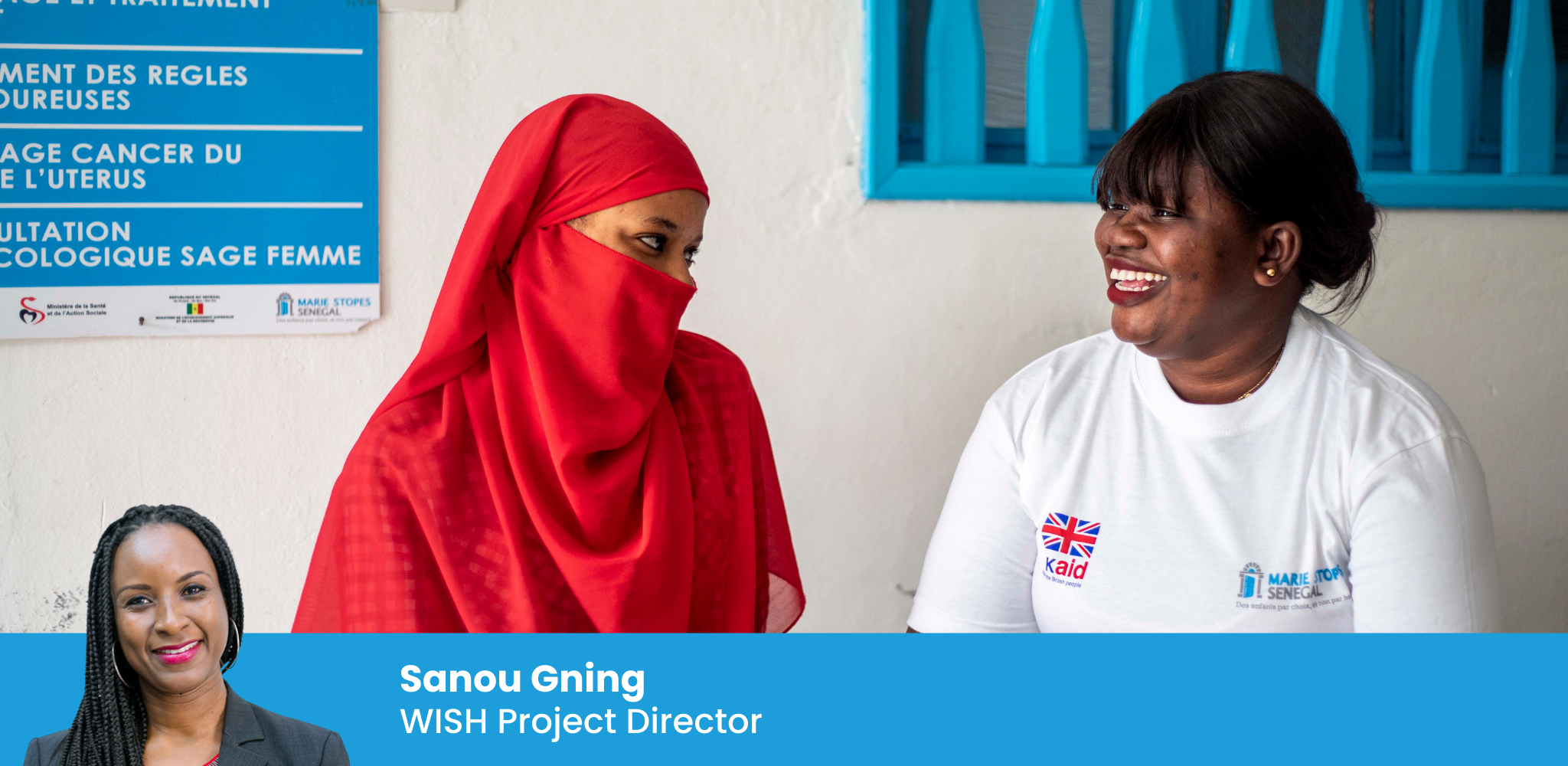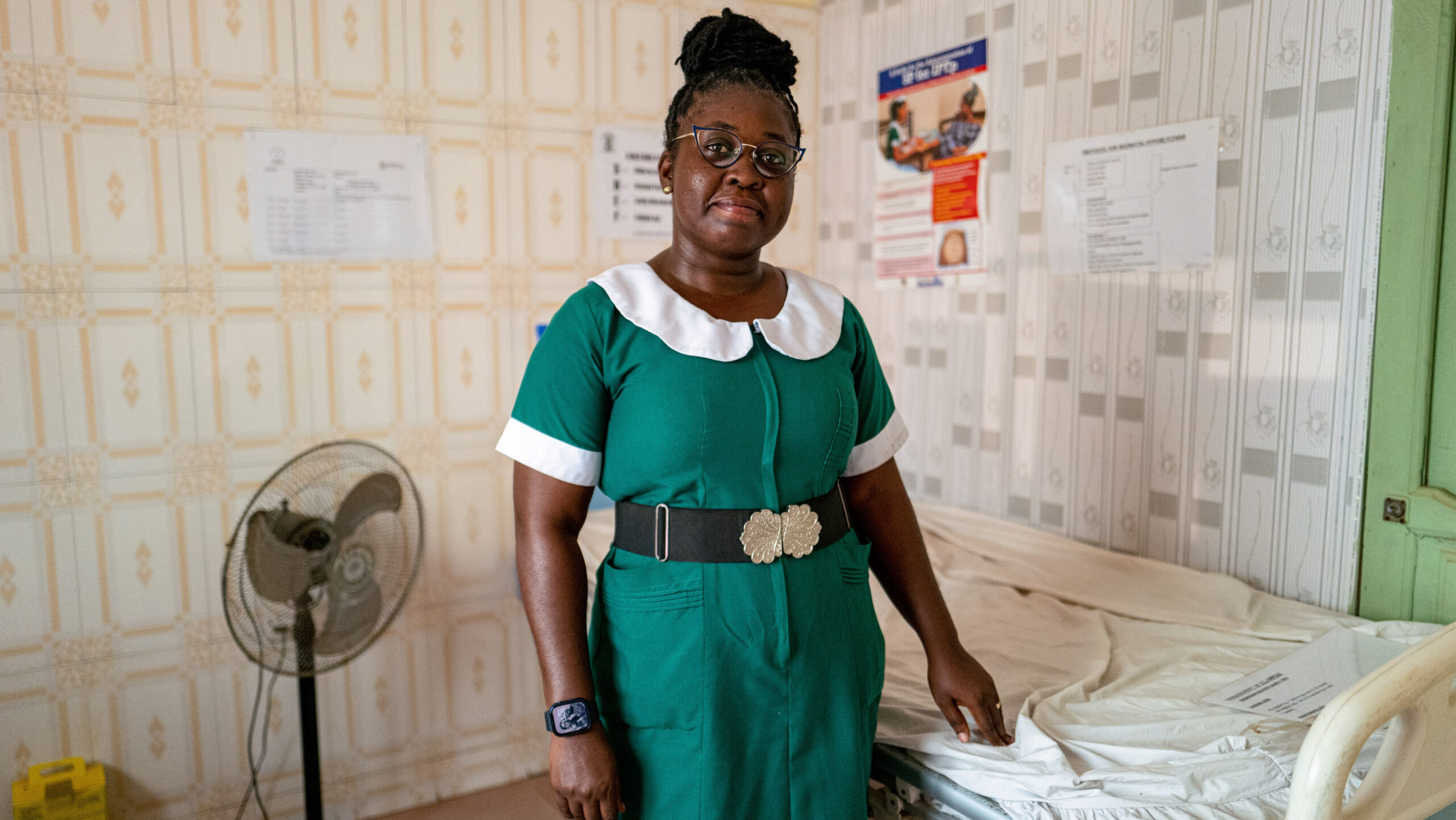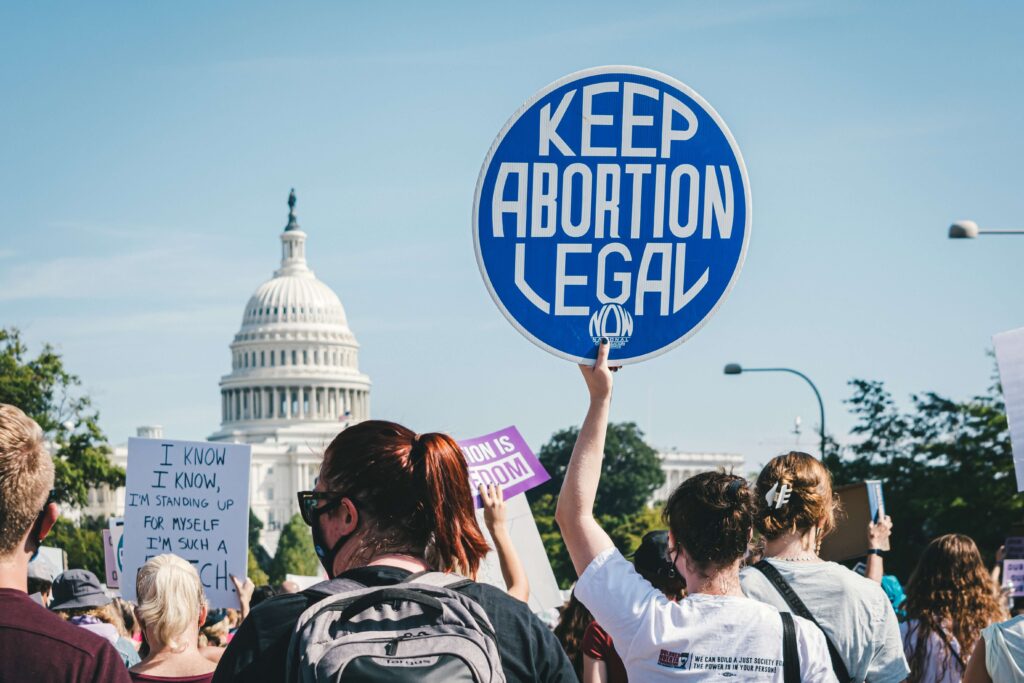
What is Roe v Wade?
Fifty years ago, in January 1973, the US Supreme Court ruled that Americans have the right to abortion in a landmark case called Roe v Wade.
“Jane Roe” was the pseudonym given to the woman (now known to be Norma McCorvey) who brought this case against Henry Wade, the Texas district attorney. In Texas at the time, abortion was banned except where the mother’s life was in danger, and a pregnant Norma claimed this infringed her right to privacy.
The Court agreed with a 7-2 vote. They judged that a woman’s right to an abortion in the first and second trimester was protected by the US constitution, which famously guarantees ‘liberty’ e.g., the freedom to make personal decisions about family, health, relationships, and bodily autonomy.
This historic decision repealed various national and state abortion bans—suddenly, abortion was legal across the United States for all.
Since abortion had previously been banned and restricted in almost every state, Roe changed abortion from a generally unsafe, underground activity that claimed the lives of many women, to a legal, safe healthcare procedure. Deaths from unsafe abortion plummeted.
And by recognising this reproductive right and giving women choice, women and girls’ opportunities bloomed, and gender equality advanced across the board: in education, work, the economy, and politics. Leading economists have detailed the direct impact of abortion access on women’s social and economic advancement—research found that access to abortion increased the likelihood that young women would finish college and pursue careers.
“Access to abortion has always been dictated by where you live, how much money you have, and whether you’re insured. Those with the least resources to travel, pay for childcare, and take time off work, have the least access—especially those already facing racial inequities within healthcare.”
US abortion rights chipped away over the past five decades
Anti-choice groups repeatedly challenged Roe v Wade over the decades that followed. They pressed politicians and brought case after case in front of judges to dismantle the right to abortion.
Over the years, with the Supreme Court judges changing and more abortion-related cases and rulings, the scope of Roe’s guarantee of reproductive freedom was diluted.
One major barrier came into effect in 1980, when the Hyde Amendment blocked government Medicare funds from funding abortion except to save a woman’s life—making it hard for people to afford to have an abortion.
Another blow was the 1992 ruling in Planned Parenthood v Casey which declared that states could restrict abortions (even in the first trimester) for non-medical reasons if they weren’t placing an “undue burden” on access—a vague term that many anti-choice lawmakers have interpreted loosely, finding ways to make abortion inaccessible for many, especially marginalised and low-income communities. Some states implemented long waiting periods; others required young pregnant women to involve their parents.
There were more than 1300 abortion restrictions put in place between when Roe v Wade was implemented in 1973 through to 2021. The anti-choice movement diligently undermined reproductive rights at every turn.
The case that changed everything was a 2018 Mississippi law that banned almost all abortions after week 15 of pregnancy (experts say foetal viability happens at about 24 weeks). It flew in the face of Roe’s protection of reproductive freedom. Reaching the Supreme Court in 2021 in Dobbs v Jackson Women’s Health Organization, it led to the end of Roe.
2022: Roe v Wade overturned, removing the right to abortion
In June 2022, the US Supreme Court upheld the Mississippi abortion ban and overturned Roe v Wade. The 5-4 vote by the judges removed the constitutional right to abortion for millions of Americans and erased nearly 50 years of precedent. The effects of this decision will be felt for generations.
It sent shockwaves around the world, prompting global politicians, celebrities, healthcare workers, and activists to condemn the decision. In the weeks that followed, abortion rights dominated global media coverage, and interest in the topic skyrocketed as people in other countries felt the depth of the ruling’s impact. Jacinda Ardern, Prime Minister of New Zealand stated that “the removal of a woman’s fundamental right to make decisions over their own body is incredibly upsetting,” and “feels like a loss for women everywhere.”
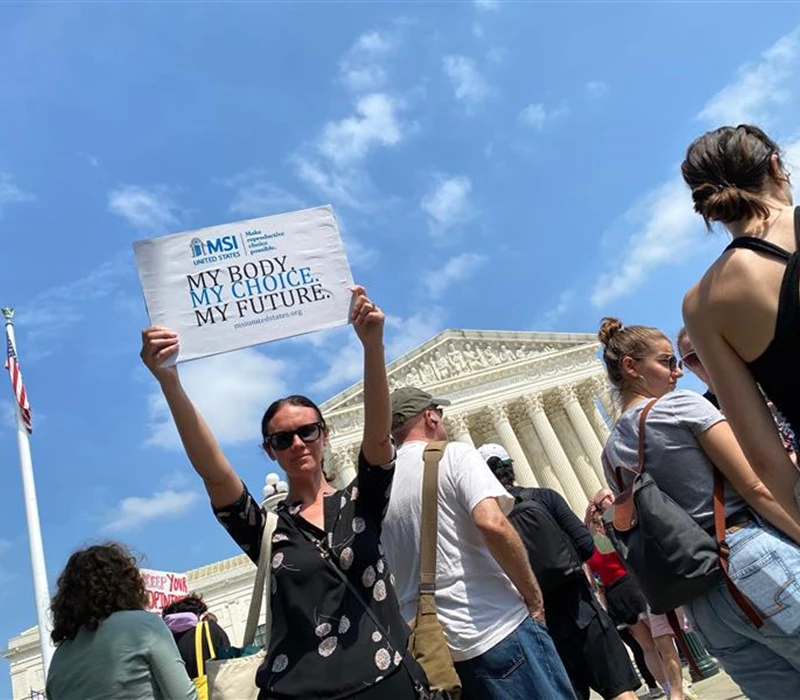
You can still access abortion in the US: expanded & self-managed abortion
While the Court’s decision was significant and unravelled decades of progress, a post-Roe world is very different from a pre-Roe world. The majority of Americans are pro-choice and support safe access to abortion, and in many states abortion remains legal and accessible.
People and organisations are rallying to fund and provide abortion access for those who are denied it by their state. As a global abortion provider, we’re welcoming women who travel across the border from America to our MSI Mexico clinics, providing them with safe abortion care.
But the most revolutionary change in modern abortion access is self-managed medical abortion. Many women can get abortion pills by post or at a pharmacy and take them safely at home. MSI’s research in the UK found that telemedicine—which enables women to self-manage their abortion at home—is just as safe and effective as visiting a clinic, and often preferred. The US Food & Drug Administration has since used this data to update its rules so that abortion pills can be provided at pharmacies and via post with a prescription, which could improve abortion access in the US.
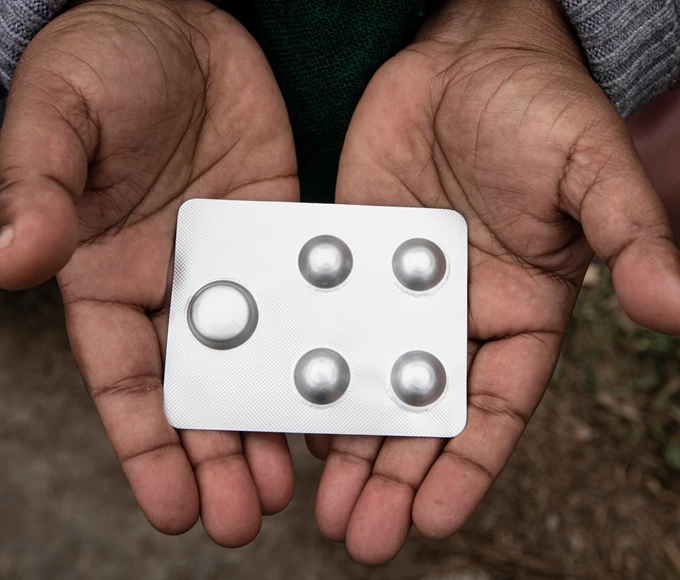
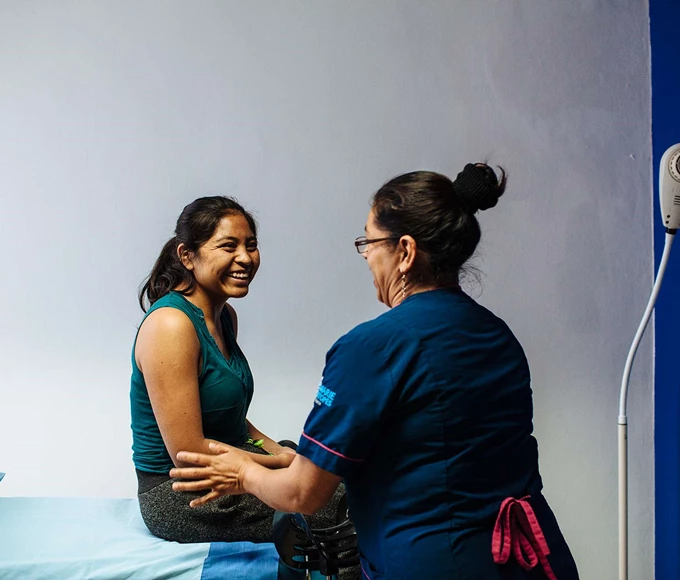
An update on Roe V Wade: how does Roe v Wade affect us today?
Abortion laws and access in America vary by state. By overturning Roe v. Wade in 2022, the Supreme Court gave states the power to make abortion illegal, restricted, or legal. As of January 2023, 13 states have laws protecting abortion access and 12 states have outright abortion bans. The others have a mix of restrictions and protections. Find out each state’s abortion laws on this interactive US abortion map from the Guttmacher Institute.
As of August 2023, 42 states have some abortion restrictions in place, including 13 that have introduced outright bans (mostly in the Southeast of the country). 58% of women aged 13–44 live in states that are hostile to abortion rights, like Texas, Oklahoma, and Mississippi which ban abortion entirely. You can see which states have banned abortion on this interactive US abortion laws map from the Guttmacher Institute.
In November 2022, abortion was on the ballet during the US midterms. Heading into the election, polls showed that abortion was the top issue for many Americans and 60% of voters said they were dissatisfied or angry with the decision to overturn Roe. Five states (California, Michigan, Vermont, Kentucky and Montana) asked voters to choose whether to support or reject abortion restrictions. In a decisive and resounding message from the American public, all five states voted to protect abortion rights and access.
What’s the impact of Roe v Wade on global abortion rights?
The decision to overturn Roe v Wade has been felt worldwide.
It’s an attack on women’s reproductive freedom, and everyone has taken notice—including the global anti-choice movement. Anti-abortion groups have been emboldened, feeling their agenda has been validated by the United States. Many of these campaigners are supported by US-affiliated groups with money (an estimated $280 million every year), resources, and tactics, enabling them to push for abortion bans around the world.
As a global abortion provider, we’re seeing a rise in anti-choice activity from the UK to Ghana, including protests outside our clinics. We’re also witnessing a growth of anti-choice advertising online aiming to misinform and dissuade people seeking abortion care.
But progress is still winning. Around the globe, step by step, country by country, reproductive rights move forward. In 2022, India decriminalised abortion, the UK and Ethiopia expanded at-home abortion access, and Mexican clinics opened their doors to Americans seeking abortions. Read our blog on five big wins for reproductive rights in 2022 to learn about the rallying and resilience of people standing for choice around the world.
“It is frustrating for people like us working in reproductive choice in contexts like Ghana, because what happens in the US affects us. It gives power to the opposition and the tools to advance their efforts.” – Esi Asare Prah, Advocacy Manager for MSI Ghana
The Global Gag Rule
The Global Gag Rule is a US anti-abortion policy preventing international organisations from receiving funding from the government if they provide, advocate for, or refer to abortion services. MSI has never and will never sign it, because we unapologetically believe in the right to abortion and will continue to provide it wherever we can legally do so.
The policy is a clear example of the influence of American abortion policy on global reproductive rights. Read our explainer on the Global Gag Rule for all you need to know.
Take action
If you’re asking, ‘what can I do about Roe v. Wade being overturned?’ here are some actions you can take to stand for choice:
Share on social
Use this social toolkit to spread the word about the global impact of Roe v. Wade on abortion rights. #StandForChoice #BansOffOurBodies
Read our Global Gag Rule explainer
Learn about the impact of the Global Gag Rule on frontline services in our evidence-based briefing.
Sign up to learn more
Get all the latest news and updates about global reproductive rights straight to your inbox.
Donate
As a global reproductive healthcare provider, we support nearly 70,000 people with their reproductive choices every single day. Donate today to give someone choice.






